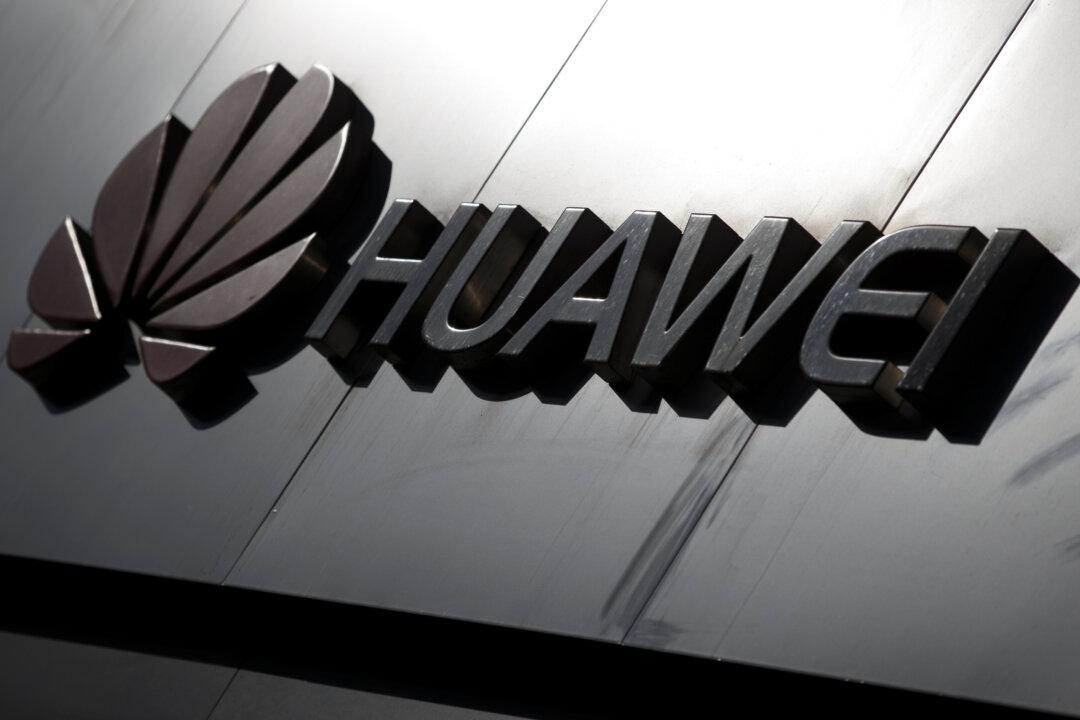WASHINGTON—The Trump administration on Nov. 18 issued a new 90-day extension allowing U.S. companies to continue doing business with China’s Huawei Technologies as U.S. regulators continue crafting rules on telecommunications firms that pose national security risks.
After adding Huawei to an economic blacklist in May, citing national security concerns, the U.S. Commerce Department has allowed it to purchase some American-made goods in a move aimed at minimizing disruption for its customers, many of which operate networks in rural America.





